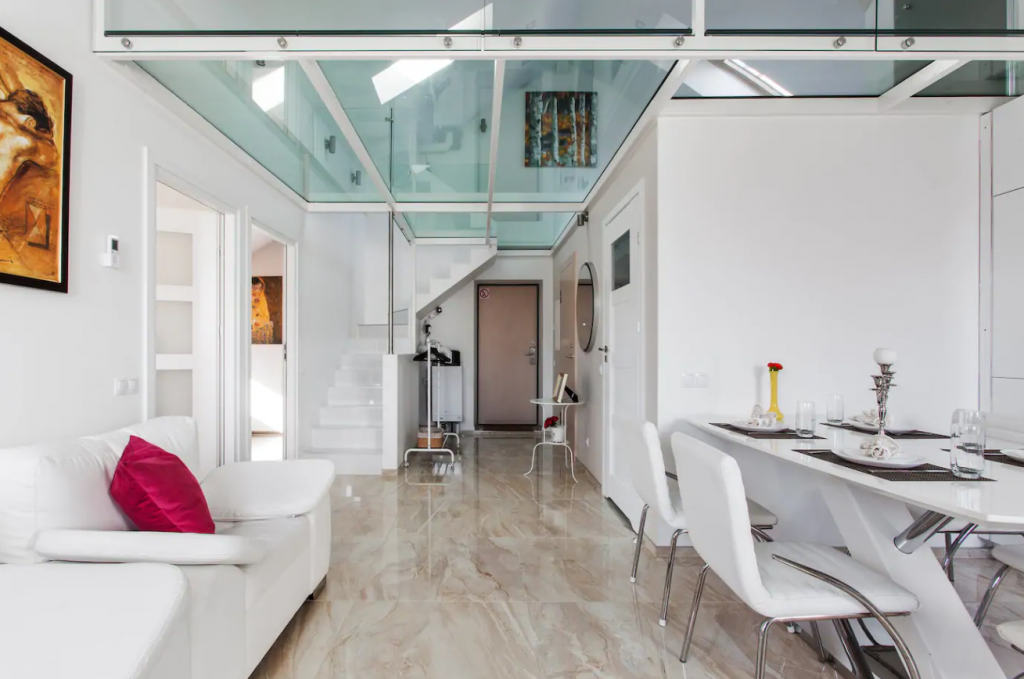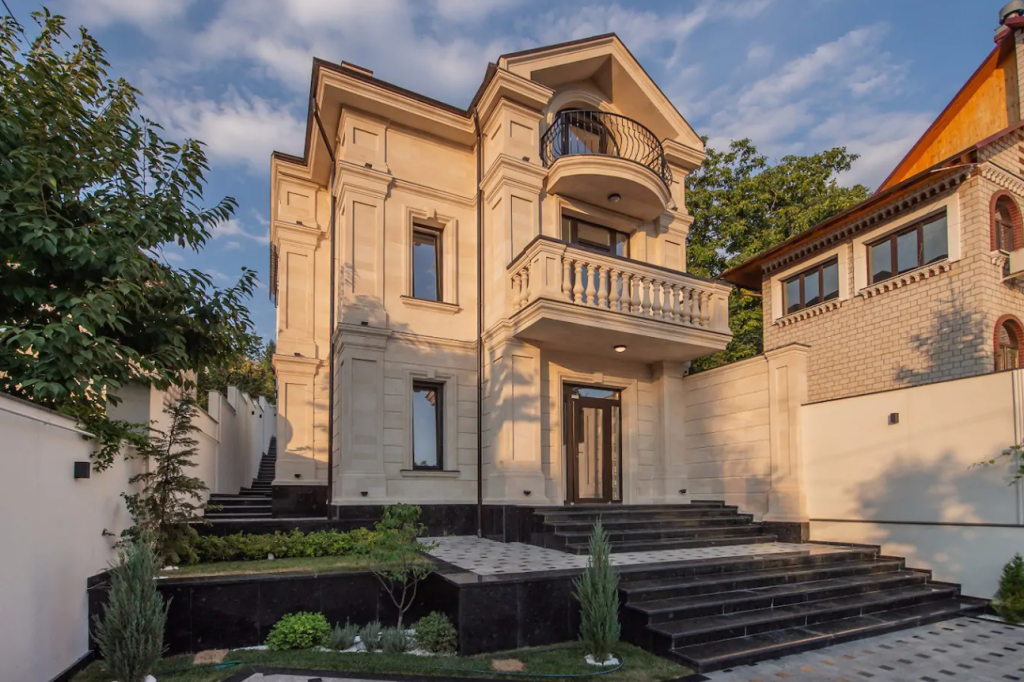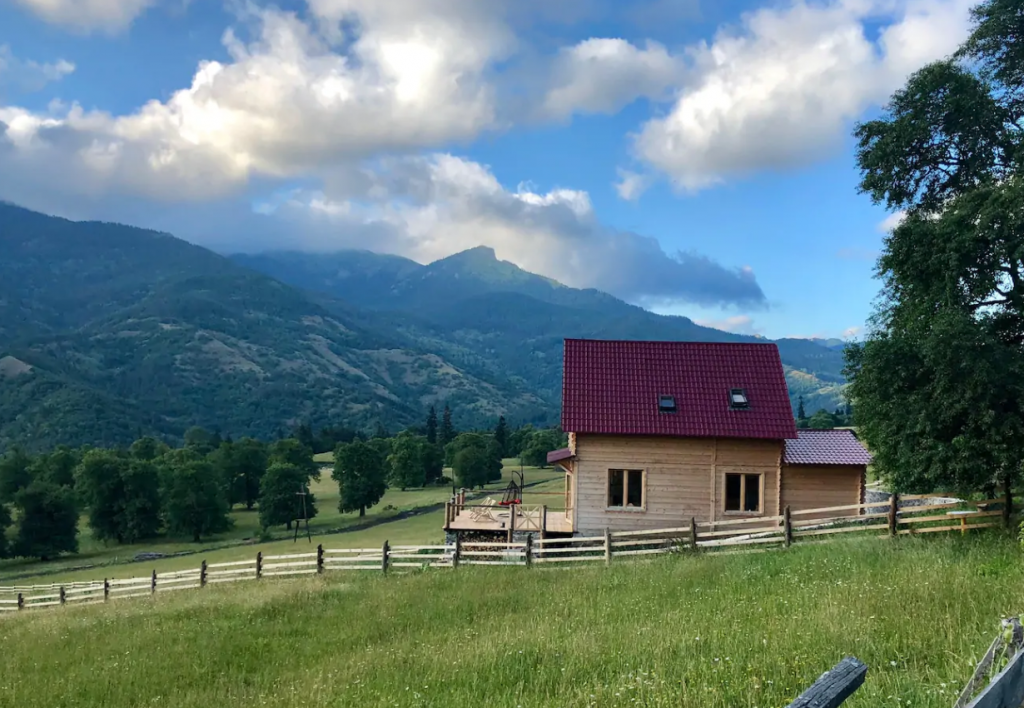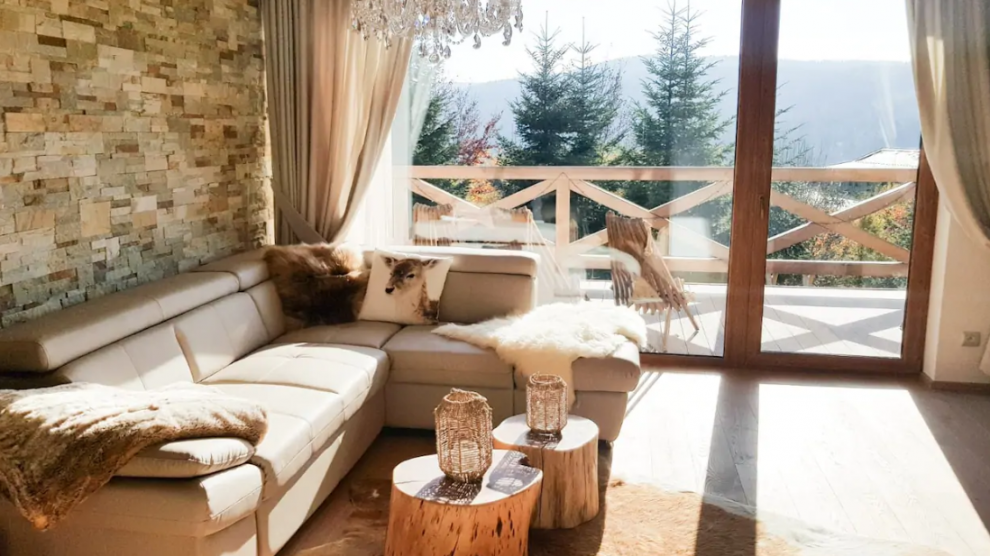When it comes to travel, emerging Europe has boundless experiences to offer, from Estonia’s ancient forests to Croatia’s glimmering beachfronts.
Not only does the range and depth of destinations rival that of any region in the world, but many of them are untapped by the typical traveler and fly under the radar.
The home-sharing service Airbnb offers the perfect way to see the region: a few nights in a local’s home allows tourists to see the area from a different perspective, offering a taste of the many wonders of emerging Europe.
Following on from last week’s look on the best apartments in region currently for sale, Emerging Europe now dives into the Airbnb market, and explores the stunning, homely and unique places on offer to live, even if only for a couple of days.
Starting in the north, the Baltic States are a wealth of treasures.

Estonia, Lithuania and Latvia are unique in their natural beauty, ancient castles and welcoming people, each offering an individual holiday to remember. The region doesn’t fall short on places to stay either. Take this bright and stylish four-bed apartment in central Vilnius for example, which offers views of no fewer than 23 churches. Meanwhile, this Latvian tree-house by a lake looks like something out of a postcard, and is perfect for a back to nature retreat.
Moving to the more central regions, Poland is nothing short of extraordinary. This castle just outside of Wrocław sells itself. Similarly, given that the fast-paced Czech capital Prague has become somewhat overcrowded, it can be worthwhile stepping out of the city and into the countryside to see a different side to Czechia.
For a skiing holiday, instead of the French or Swiss Alps have a look at this Slovakian luxury chalet for a picturesque winter break.

Further south, the Balkans await. From this Moldovan mansion to an Albanian seaside retreat or Bulgarian villa, the region offers stunning homes that will delve visitors into a local experience of a less-traveled region deserving of attention.
To the east, Georgia is a destination worthy of a mention, with stunning natural beauty and Black Sea beaches, not to mention its ancient wine industry. This eco chalet showcases these picturesque landscapes.

However, while the homestay industry offers a great way to explore the unexplored while supporting local people, it is important to keep in mind that excessive use of Airbnb does present issues.
Critics have noted that home sharing services are accelerating gentrification, with homes being converted to cash-raising assets rather than a place to live. This pushes up rents, and pushes out many locals who can no longer afford to live in the area, increasing social division.
The phenomena has heavily impacted tourist hotspots like Barcelona and Amsterdam, but emerging Europe has not emerged unscathed.
Prague, Budapest and the Croatian coast are becoming increasingly popular amongst tourists and locals note the changing demographics in much of the city centres.
Airbnb is sold on the idea of swapping lives with a local for a few nights, but slowly the experience is becoming more business-orientated and impersonal. However some things are changing.
In January this year, the Lithuanian capital of Vilnius became the first city in Central and Eastern Europe to negotiate a partnership with Airbnb. Since February 1, Airbnb has automatically collected a tourism tax on all bookings in the Lithuanian capital, transferring the revenue direct to the city.
However, critics say this is still not enough and that governments should be doing more to cap rent prices and decelerate the cost of living for locals.
The motto? Use Airbnb respsonsibly.

